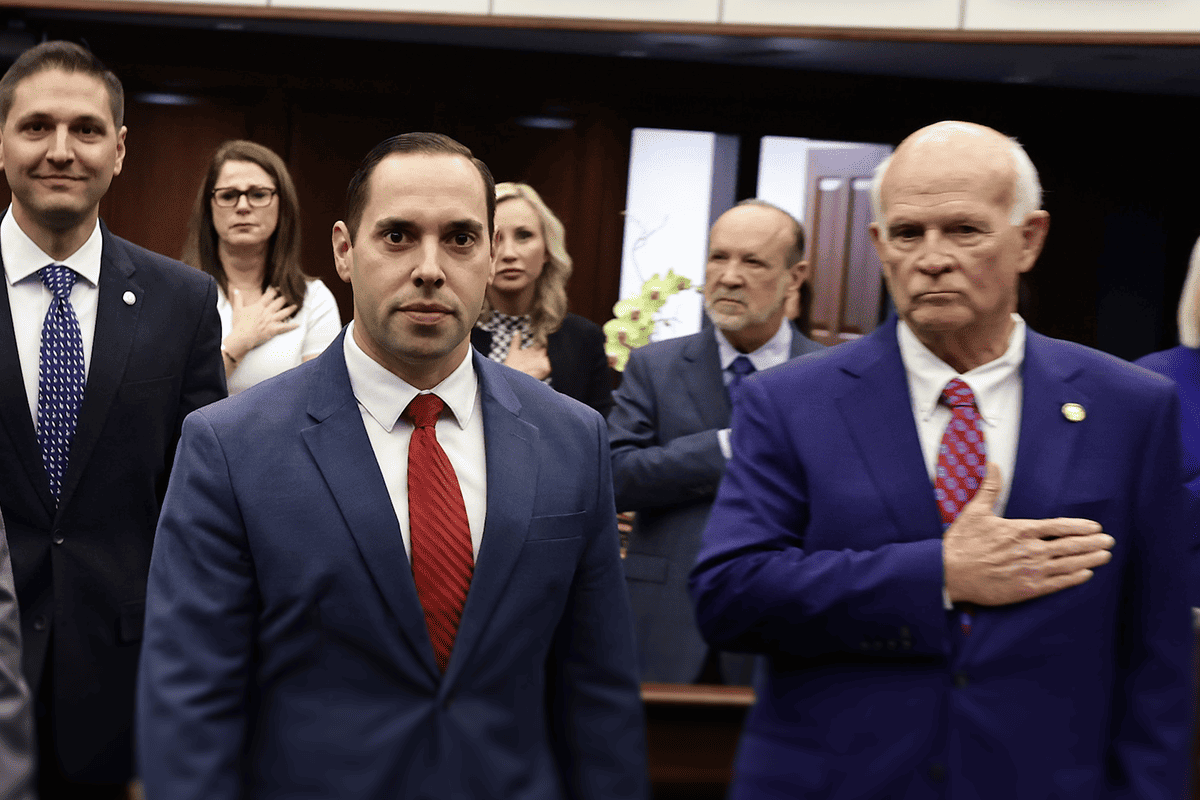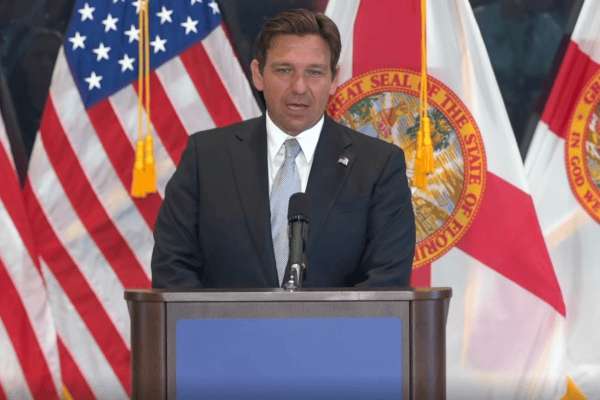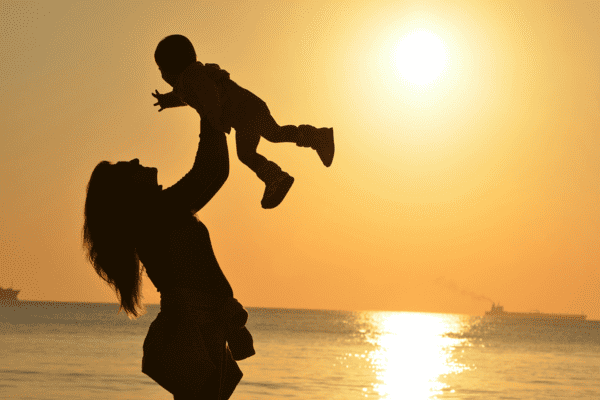Florida Legislature passes bill to combat human trafficking, raise strip club worker age to 21

Amber Jo Cooper contributed to this report.
TALLAHASSEE, Fla. – A bill focused on targeting the crime of human trafficking cleared the Florida Legislature on Friday and will head to Gov. Ron DeSantis’ desk.
One major provision the bill creates is to ban those under the age of 21 from working at adult entertainment establishments like strip clubs. Employers who violate this newly proposed statute can face penalties ranging from a first degree misdemeanor to a second degree felony.
Along with multiple other provisions, the bill would extend the future repeal date of the direct-support organization for the Statewide Council on Human Trafficking through 2029, and would revise the hotline telephone number to be included in human trafficking awareness signs.
The bill replaces the national human trafficking hotline with the Florida human trafficking hotline with the telephone number as 1-855-FLA-SAFE.
The Senate passed the bill 35-3. Rep. Toby Overdorf, R-Stuart, carried HB 7063, which received final passage Friday in a 104-3. Sen. Bryan Avila, R-Hialeah Gardens, sponsored the Senate version.
During debate, Democratic lawmakers including Rep. Michele Rayner, D-St. Petersburg, and Rep. Christine Hunschofsky, D-Coconut Creek, argued that the provision of the bill banning those under 21 years-of-age from working at strip clubs is about “controlling women.”
“Once again, this House, this body is trying to legislate what women can and cannot do with their bodies,” Rayner said.
Rep. David Borrero, R-Doral, spoke in strong support of the bill and said people have to “change the way” strip clubs and adult entertainment establishments are viewed because what is being regulated “isn’t just sexual conduct, it’s trafficking.”
“It’s sexual abuse and human exploitation because there truly are victims and traffickers involved in this industry,” Borrero said.
The representative questioned why people would want 18 or 19 year-olds, “some still in high school,” in environments where they are “targeted or recruited by pimps” and are “likely to be trafficked and sold into prostitution and sex slavery.”
“We ought to be on the side of young girls who are barely legal,” Borrero said. “Protect them from this harmful environment.”
Florida is reportedly ranked third nationally for reported human trafficking abuses, many of which involved sex trafficking. One hotspot for trafficking is adult entertainment establishments, especially for younger workers, the bill notes.
The bill requires contractors with governmental entities to attest that they do not use coercion for labor or services.
Public lodgings and massage establishments would have to provide annual training regarding human trafficking awareness to employees of the establishment, under the bill. This includes anyone who regularly interacts with guests, rather than just housekeeping and front desk staff.
In closing, Overdorf said without this legislation, statewide coordination of anti-human trafficking education would “severely decrease” and law enforcement would “lose the opportunity” to receive grant funding to identify and rescue human trafficking victims.
“We can have a long debate about a whole bunch of different things associated with this bill, but know that the work that we’re doing here has an impact across our state,” Overdorf said.



